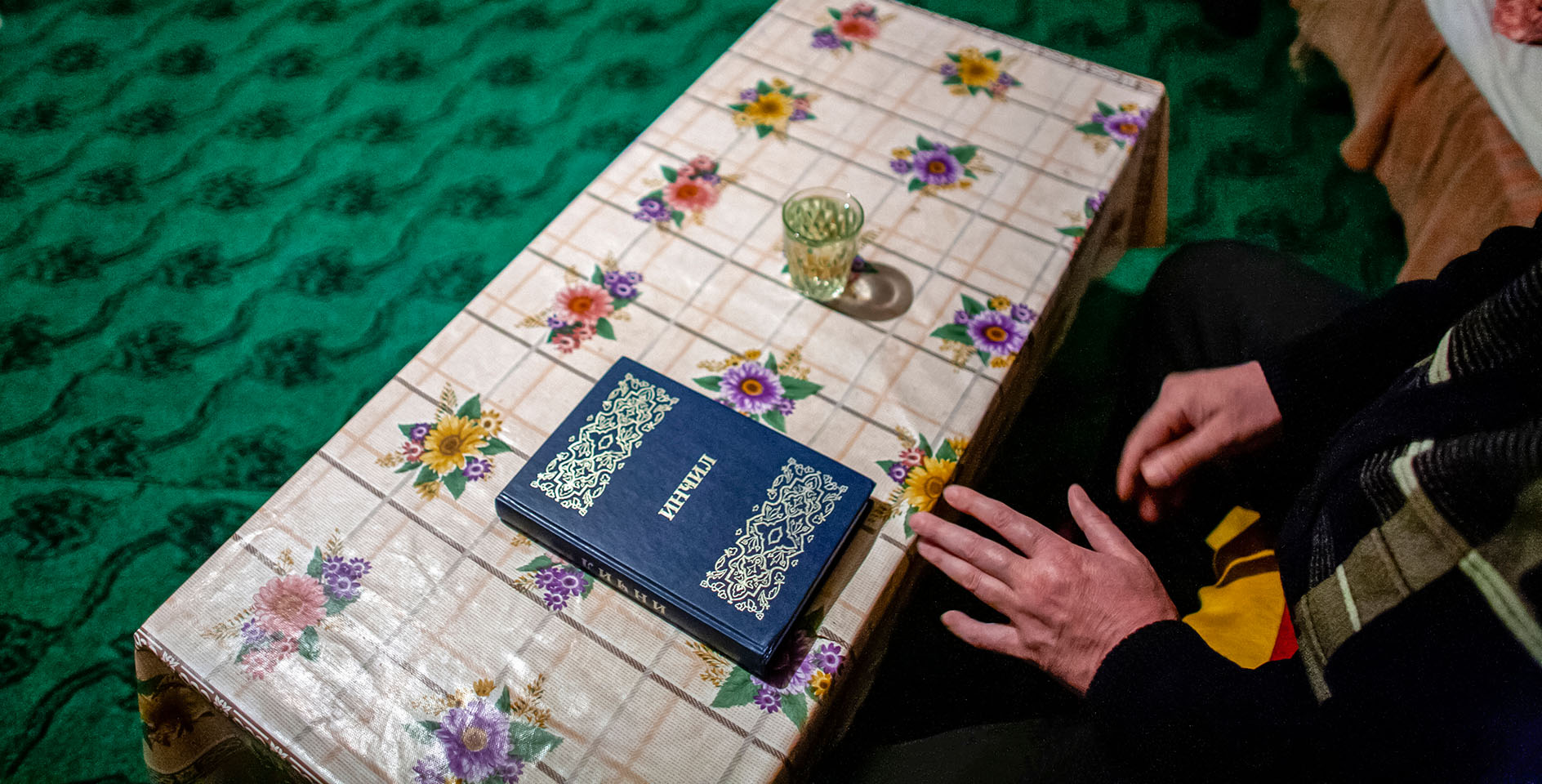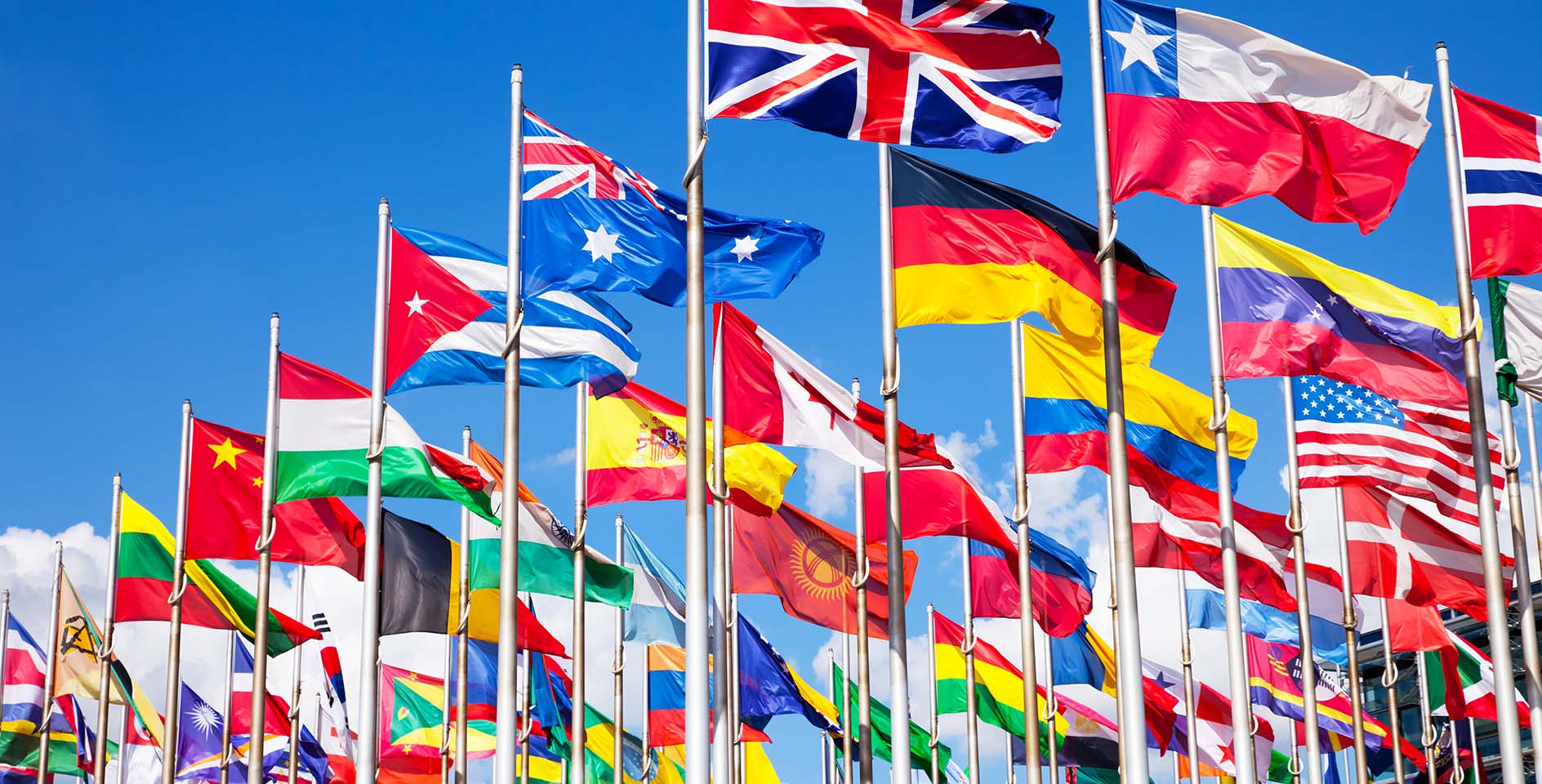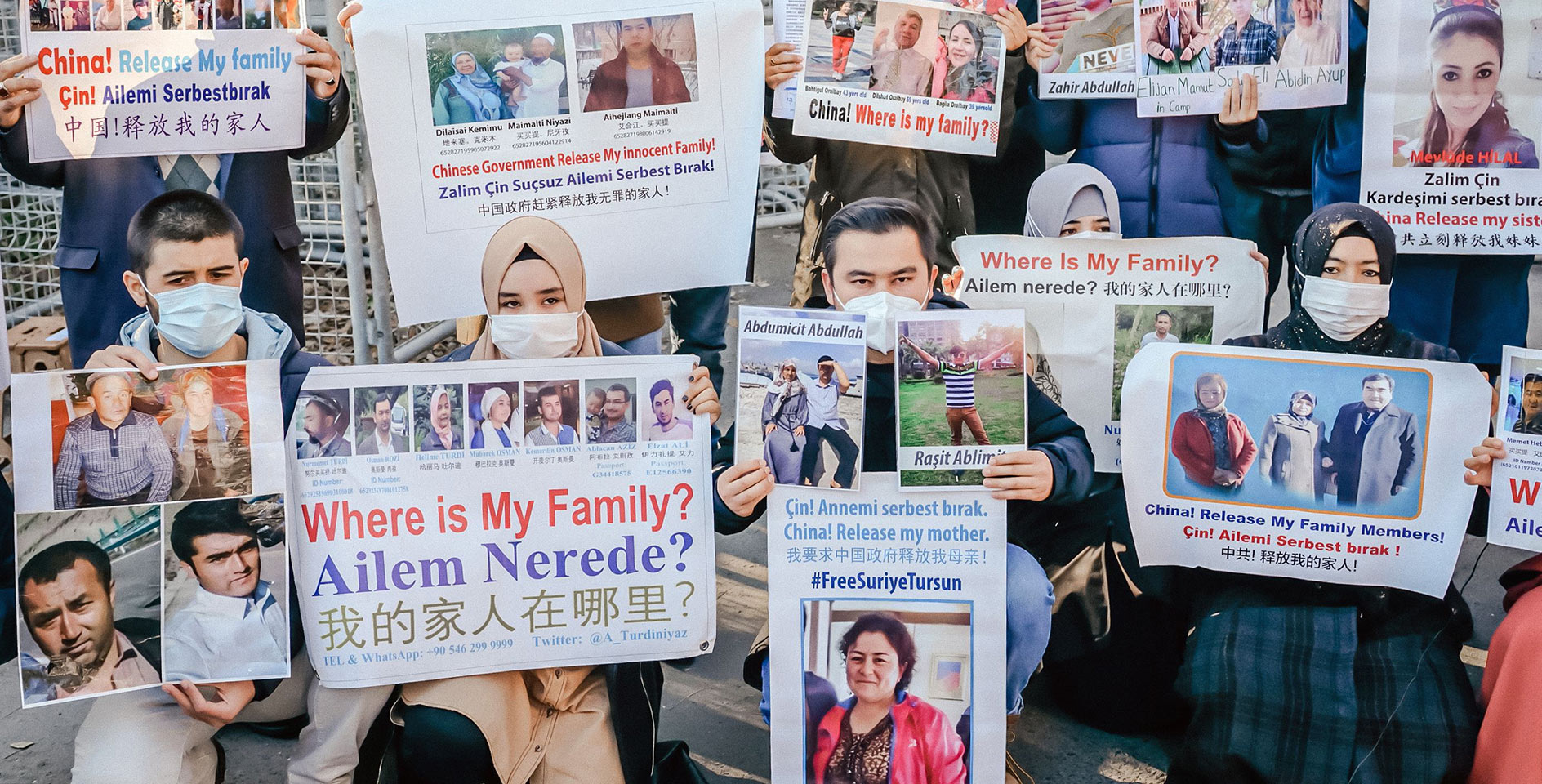Every Friday, we bring to you the top five international stories of the week, with a particular emphasis on religious liberty, justice issues and geopolitical issues that impact liberty and justice. This was a big week for developments in the Middle East, and so we bring you six stories this week.
1. This week marked the fifth anniversary of the death of Osama Bin Laden. What has changed in the last five years? Al Qaeda, as a centrally run organization, has been dramatically weakened. At the same time, some Al Qaeda “affiliates” are stronger than ever, particularly Al Qaeda in the Arabian Peninsula (AQAP) and the Al-Nusra Front, the official Al Qaeda affiliate in Syria. And of course, Al Qaeda has been replaced with a new enemy, the so-called Islamic State.
With that said, Director of National Intelligence James Clapper, said recently, “Despite counterterrorism pressure that’s largely decimated the core leadership in Afghanistan and Pakistan, Al Qaida affiliates are positioned to make gains in 2016.” Scott Stewart, vice-president of tactical analysis at the intelligence firm Stratfor added, “It’s absolutely been diminished in some ways, but despite all the effort to stamp it out, al-Qaeda has managed to create an ‘arc of jihad’ that stretches from West Africa all the way to Southeast Asia.”
2. Deal reached to secure ceasefire in Aleppo, Syria, but attacks continue. Aleppo has been at the center of an escalation of violence that has caused the ceasefire brokered in late February to all but fall apart.
From the NY Times: “Nearly 10 days of bombardments by both the government side and insurgents in the city of Aleppo has killed more than 250 people, a monitoring group said, confounding hopes of an end to five years of war.”
From Al Jazeera: “United Nations Humanitarian Affairs chief Stephen O’Brien told the UN Security Council that the killing of civilians in Aleppo “cannot and will not be forgotten,” warning that perpetrators will be held accountable.”
Secretary Kerry issued an August 1, 2016, deadline for President Assad to begin stepping down. But is is unclear what, if anything, the Obama Administration is prepared to do back up that ultimatum.
3. Speaking of Aleppo, yet another hospital was attacked in Aleppo, this time a maternity hospital on the government-held side. This trend of attack on medical facilities is despicable and may constitute war crimes. From the NY Times: “It was the sixth assault on a medical facility in the divided city in less than a week and the first to have caused casualties on the government-controlled side. At least three women were reported killed and 17 people wounded, including children.” For its part, MSF, known in the U.S. as Doctors Without Borders, blasted the United States, Russia, Saudi Arabia and Syria for directly or indirectly supporting attacks on medical facilities over the last year.
Notably, late last week the U.S. government released its final report on the U.S. airstrikes on an MSF hospital in Kunduz, Afghanistan that killed 42 and wounded dozens more. The U.S. government declined to prosecute any of the servicemembers involved in the attack for war crimes, citing a lack of intent. However, the military is punishing 16 of those involved, with punishments ranging from letters of reprimand to counseling.
4. The Iraqi government is in turmoil. Collapse of the Iraqi government would lead to chaos and turmoil in the region, undermining years of work fighting the so-called Islamic State. The center of the political crisis is protests led by prominent Shia cleric Muqtada al-Sadr. Over the last few months, supporters of al-Sadr—known as Sadrists—have been pressing the Iraqi government for reform. Last weekend, a large number of Sadrists infiltrated the Green Zone to stage additional protests in the area of Baghdad, home to most government buildings and foreign embassies.
Politico has a fascinating piece on the history of the Green Zone and how it has come to be at the center of the political conflict in Iraq. From the article:
Originally established in 2003 to protect the American occupiers, the walled-in Green Zone was supposed to have been temporary. But Iraqi elites took it over after the Americans left, spending public money on their mansions, generators, cars, security details, homes overseas and payouts to cronies. In this way the Green Zone has come to symbolize all that is wrong with the legitimacy and capability of Iraq’s government.
5. Turkish PM steps down as EU and Turkey working to negotiate visa-free travel as a part of the migrant deal. Turkey’s Prime Minister, Ahmet Davutoglu, dramatically stepped down this week, in response to President Erdogan’s demand for his recognition. From BBC: “Mr Davutoglu is believed to have fallen from favour because he disapproved of Mr Erdogan’s plans to move Turkey to a presidential system of government.” A rift had been growing between the two men for months, and the conflict has now come to a head.
Meanwhile, Turkey continues to pursue visa-free travel for its citizens in Europe. One part of the agreement in which Turkey would take back migrants that had crossed into Europe from Turkey was a provision that would grant Turkish citizens free travel throughout Europe. The issue is apparently a key deal point for the Turkish government. One complication to the deal is travel for citizens of Cyprus, which is a part of the European Union. Turkey has not officially recognized the Republic of Cyprus, located on the southern part of the island.
6. Horrific honor killing of 17-year-old Pakistani girl after she eloped with her boyfriend.Last week, the body of a teenage Pakistani girl who was burned alive by her village leaders was found. In this case, the Pakistani government has chosen to take action, arresting more than a dozen men and the girl’s mother on May 5. In a local meeting referred to as “Jirga” in Pashtun cultures, her local leaders found her guilty of helping her friend elope with a boyfriend without parental consent. Despite the pleas of the victim’s parents, several men dragged her out of her home to her execution. This case represents the continuation of contemporary mob-like violence threatening women in Pakistan. According to the Human Rights Commission of Pakistan, 8,694 girls and women have died in so-called “honor killings” in the country between 2004 and 2015.
Matt Mihelic contributed to this post.
Have suggestions for a top 5 article this week or think there’s an issue we should be covering? Email me at [email protected].







